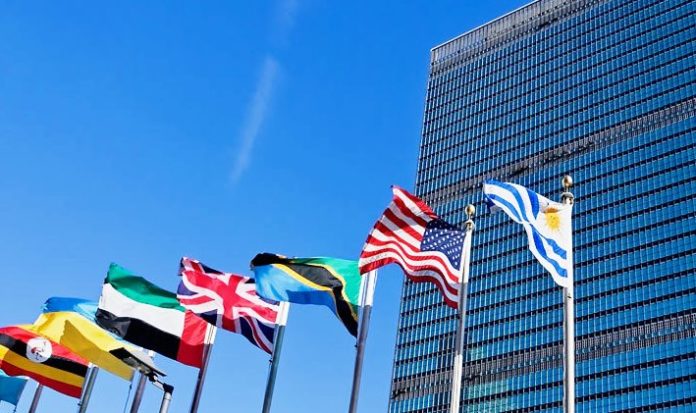The UK needs to demonstrate its added value to the United Nations and adopt a principled and values-driven foreign policy if it is to maintain its current influence after it leaves the EU, according to a report released by the United Nations Association.
The report is the outcome of a research project by academics from the Universities of Manchester, Leeds and Southampton on behalf of the United Nations Association, funded by the British Academy.
The researchers interviewed 29 participants, including UN diplomats, UK officials and individuals from non-governmental organisations. They found that the UK faces considerable challenges in maintaining its current level of influence once it has exited the EU.
The UK’s current record in the UN is mixed – it takes a strong role in drafting resolutions and agenda-setting and is generally seen as a skilled negotiator in the UN Security Council, but we have very little influence on the General Assembly.
Crucially, the report found that Brexit will cause British diplomats to lose political capital, because they are less able to align their campaigns in the Security Council and the General Assembly with the influence of their colleagues in Brussels.
Interviewees said that if it were not for the UK’s continued commitment to spending 0.7% of its Gross National Income on Official Development Assistance, its reputation would be ‘free fall territory’. Nevertheless, they said that the decline in UK influence is palpable.
The report suggests that the impact of Brexit can be offset and the UK’s influence maintained if the UK invests in multilateralism and provides clear principled, values-driven leadership.
“Our project shows that the impacts of Brexit go beyond the UK and the EU to the UN, where the UK’s reputation is tarnished and its capacity for influence is weakened,” said lead author Dr Jess Gifkins from The University of Manchester.







